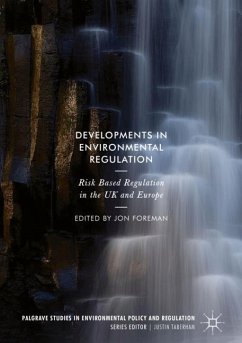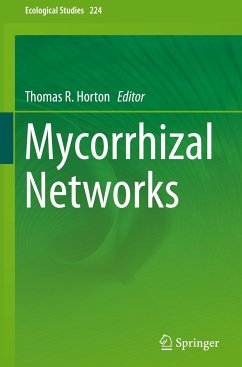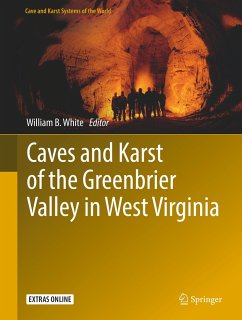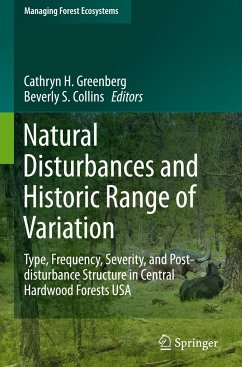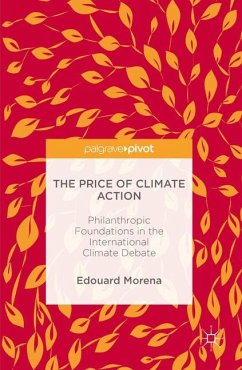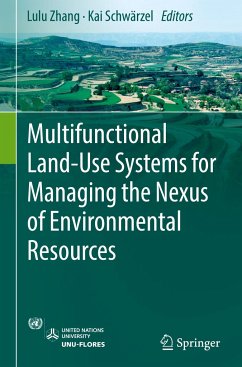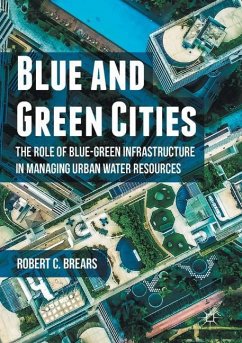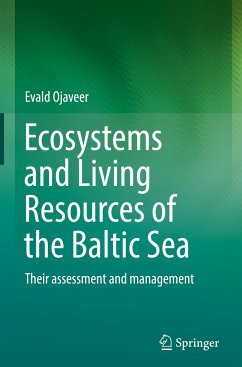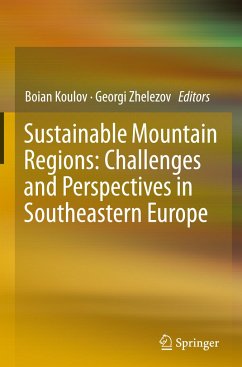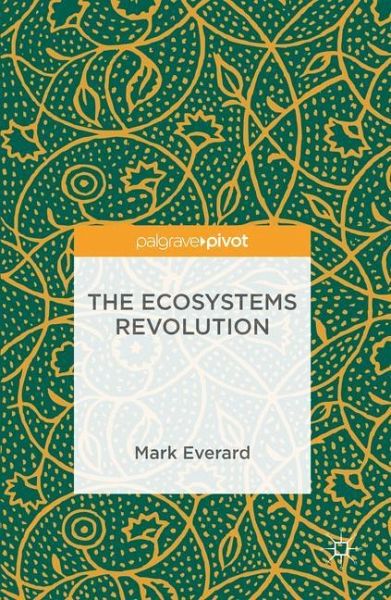
The Ecosystems Revolution
Versandkostenfrei!
Versandfertig in 6-10 Tagen
38,99 €
inkl. MwSt.
Weitere Ausgaben:

PAYBACK Punkte
19 °P sammeln!
This book explores humanity's relationship with the natural world throughout evolutionary history, and the need to reorient this onto a symbiotic basis. It integrates the themes of natural and artificial selection, the characteristics of historic 'revolutions', and directed versus random change. Inspiring community-based projects, mainly from the developing world, show how ecosystem regeneration uplifts human livelihoods in a positively reinforcing cycle, embodying lessons germane to co-creating a Symbiocene era wherein humanity's substantial influence (the Anthropocene) achieves increasing sy...
This book explores humanity's relationship with the natural world throughout evolutionary history, and the need to reorient this onto a symbiotic basis. It integrates the themes of natural and artificial selection, the characteristics of historic 'revolutions', and directed versus random change. Inspiring community-based projects, mainly from the developing world, show how ecosystem regeneration uplifts human livelihoods in a positively reinforcing cycle, embodying lessons germane to co-creating a Symbiocene era wherein humanity's substantial influence (the Anthropocene) achieves increasing symbiosis with the natural processes shaping the former Holocene epoch. The Ecosystems Revolution provides practical, positive examples, highlighting the attainability of an 'ecosystems revolution'.



